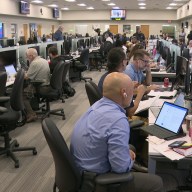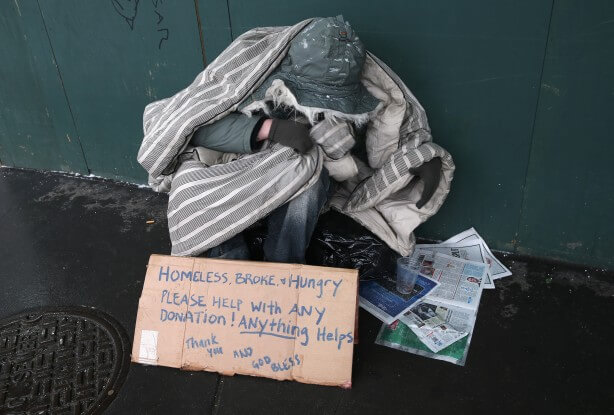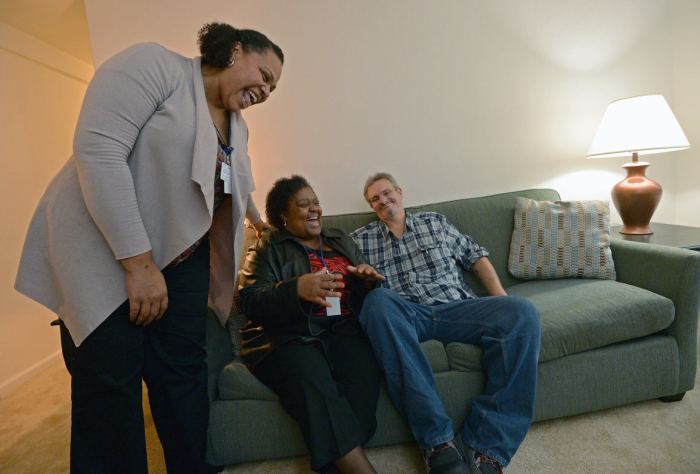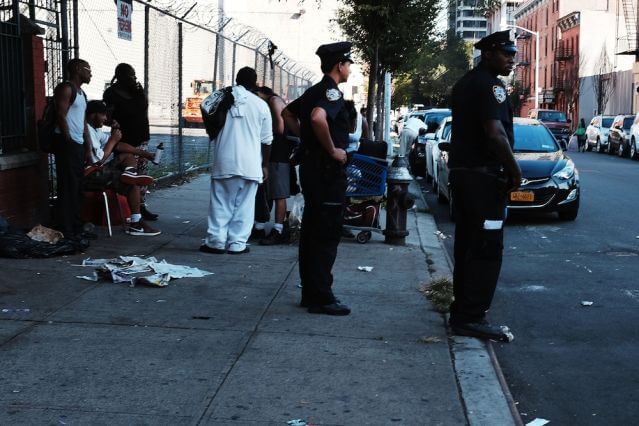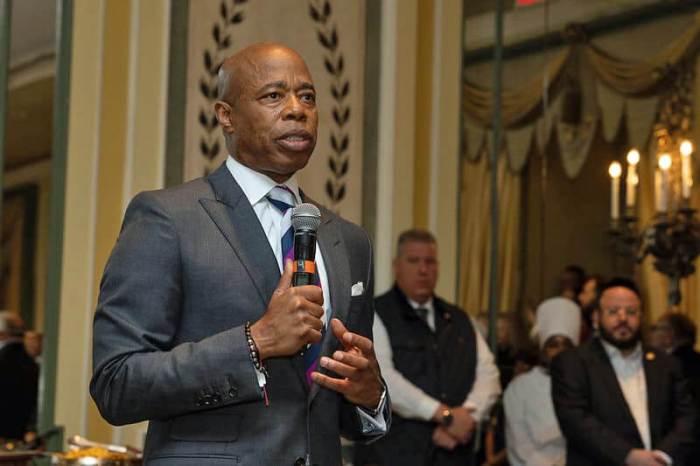For the first time since the Great Recession, there are fewer New Yorkers living in near-poverty, according to a new report from the Mayor’s Office for Economic Opportunity.
The “New York City Government Poverty Measure” report, which details data from 2005 to 2015, found that the near-poverty rate declined to 44.2 percent in 2015 from 45.1 percent the prior year, the largest drop since the city began tracking the rate and the first significant year-over-year drop since the 2008 financial crisis.
Additionally, city residents living in actual poverty dropped to 19.9 percent from 20.7 percent between 2013 and 2015.
“It may sound small, but it is a really big deal,” Mayor Bill de Blasio said in a statement. “Our analysis also shows that 281,000 New Yorkers will be lifted out of poverty or near-poverty by the end of this year.”
Near-poverty is the percentage of those living below 150 percent of New York City’s poverty threshold.
The latter statistic de Blasio mentioned puts an initiative that aims to pull 800,000 city residents out of poverty or near-poverty by 2025 on track to be five years ahead of schedule “as the minimum wage rises to $15 and other anti-poverty initiatives take hold,” the statement said.
Between 2013 and 2015, several demographic groups, including men, women, childless families, single parents, Hispanics and non-Hispanic whites and blacks, saw a drop in at- or near-poverty rates.
Additionally, the amount of New Yorkers making more than $50,000 a year reached its highest level in 10 years, with 124,000 more people making that in 2015 than in 2013.
Until Tuesday, the Mayor’s Office for Economic Opportunity, aka NYC Opportunity, was known as the Center for Economic Opportunity. The new unit merges that CEO division with HHS-Connect, which uses data and tech to serve clients of Health and Human Services.
The method to the madness is to make bold commitments because it brings out the best in people and in government. https://t.co/1uVcdV3iV0
— Bill de Blasio (@NYCMayor) May 16, 2017
We’re concentrating on a series of policies that lift economic burdens, open up the pathway to economic securities, and reward work.
— Bill de Blasio (@NYCMayor) May 16, 2017
We’re on the way to lifting 281,000 New Yorkers out of poverty because we concentrated all of our efforts on this problem.
— Bill de Blasio (@NYCMayor) May 16, 2017
If you’re going to talk about income inequality, you have to look at it through the prism of racism, and that is happening more and more.
— Bill de Blasio (@NYCMayor) May 16, 2017
The New York City we all love isn’t possible if only some people can afford to live here. pic.twitter.com/kXF7uVIKyt
— Bill de Blasio (@NYCMayor) May 16, 2017
But President Trump’s agenda by and for the 1% threatens to undo New York City’s progress. https://t.co/zFaKK6ZcZj
— Bill de Blasio (@NYCMayor) May 16, 2017







